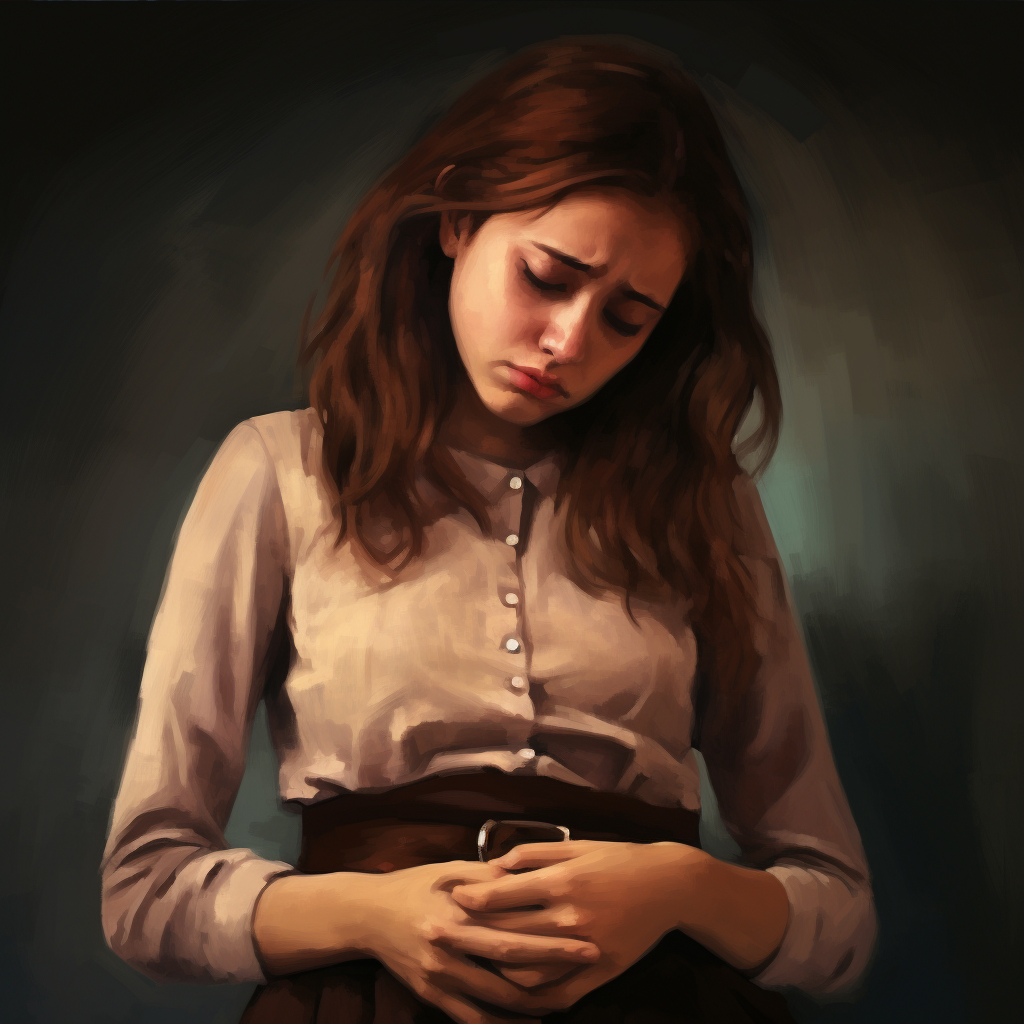Is Irritable Bowel Syndrome (IBS) dangerous?
Irritable Bowel Syndrome, or IBS for short, is a common problem that can mess with your stomach and how you go to the bathroom. If you have IBS, you might feel tummy pain, have a bloated belly, and your bathroom habits might get all mixed up. This can happen to about 3 out of every 10 people, and it seems to affect more girls than boys.
When you have IBS, the doctors check your blood and do other tests, but they can’t find anything wrong inside your belly. It’s different from another stomach problem called inflammatory bowel disease.
IBS can really affect how you feel and what you can do.
What are the Signs of IBS?
IBS can cause things like:
- Tummy ache or feeling uncomfortable in your stomach.
- Your belly getting bigger and feeling gassy.
- Having a hard time with going to the bathroom, like having diarrhea, constipation, or switching between both.
- Sometimes feeling like you didn’t finish going to the bathroom even after you did, and feeling like you might throw up.
Usually, passing gas or going to the bathroom can help make your pain feel better.
What Causes IBS?
We’re not exactly sure, but some things can trigger IBS. It could be the food you eat, how you handle stress, infections, or even some medicines.
Certain foods might make your IBS worse, but these “trigger foods” can be different from person to person. Sometimes, IBS can start after you had a bad stomach bug or when you’re really stressed out.
When Should You Tell the Doctor?
It’s important to talk to your doctor if you have these symptoms. They want to make sure nothing more serious is causing them.
You should definitely see a doctor if:
- Your symptoms are strong and not going away.
- You see blood in your poop.
- You’re losing weight without trying.
- You have a fever or bad diarrhea.
IBS doesn’t cause these problems, so the doctor will check to make sure it’s not something else.
How Do Doctors Figure Out if You Have IBS?
Doctors have to be like detectives to find out if you have IBS. They first have to make sure it’s not another problem that’s causing your symptoms. They do tests like blood tests, poop tests, and even look inside your belly with special cameras.
If these tests don’t show anything wrong and you’ve been feeling this way for at least 6 months, then the doctor might say you have IBS.
How Can You Treat IBS?
There are different ways to treat IBS. Changing what you eat and how you live can really help. A food expert called a dietitian can help you find out which foods make your IBS worse and which ones are okay.
Other treatments might include:
- Taking special medicines that the doctor prescribes or ones you can buy at the store, like anti-depressants, antibiotics, or things for diarrhea.
- Trying natural stuff like peppermint oil or things with fiber and probiotics.
- Doing activities like yoga or even talking to a therapist can help too.
How to Make IBS Easier
You can make your IBS symptoms better by making some changes in your life. Eating foods with fiber can help your tummy feel better and make going to the bathroom easier. But don’t suddenly eat too much fiber, or your tummy might feel funny. You can also try avoiding foods that can make your IBS worse, like some veggies, milk, and certain drinks.
If things are still tricky, a dietitian can help you find the best foods for you. Sometimes, a special diet called low FODMAP might help too, especially if certain sugars in foods bother your tummy.
What Could Happen Because of IBS?
IBS usually isn’t too serious, but it can make you feel really uncomfortable and sometimes even stressed. Some people with IBS might feel sad or anxious. And in rare cases, it can lead to things like depression or other health issues. If you’re feeling down because of IBS, there are special people you can talk to for help.
Remember, if you’re ever worried about your tummy problems, it’s always a good idea to talk to a doctor. They’re there to help you feel better!








Leave A Comment